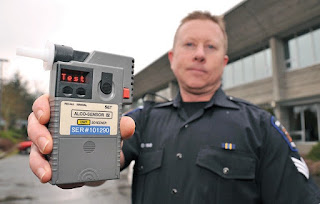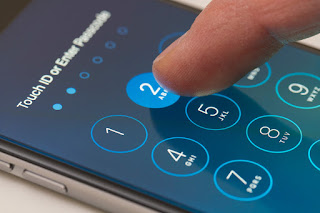Impaired Driving in Canada: An Introduction

IMPAIRED DRIVING IN CANADA - AN INTRODUCTION This blog is brought to you courtesy of LawyerSelect.ca What's the difference between "Over 80" and "Impaired Driving"? Both Impaired Driving and Over 80 are criminal offences that carry the exact same punishment. Additionally, both the offences arise when an individual allegedly operates a motor vehicle while their ability to do so is impaired by alcohol or a drug. That's not to say, however, that they're the same crime. To charge someone with Impaired Driving, police need to have reasonable grounds to believe that the individual in question is operating a motor vehicle while their ability to do so is impaired by alcohol or a drug. Unlike the offence of Over 80, there is no minimum blood-alcohol concentration required to charge someone with Impaired Driving. Therefore, the offence is dependent upon evidence of impairment, rather than a specific blood-alcohol concentration. Police typically ...





